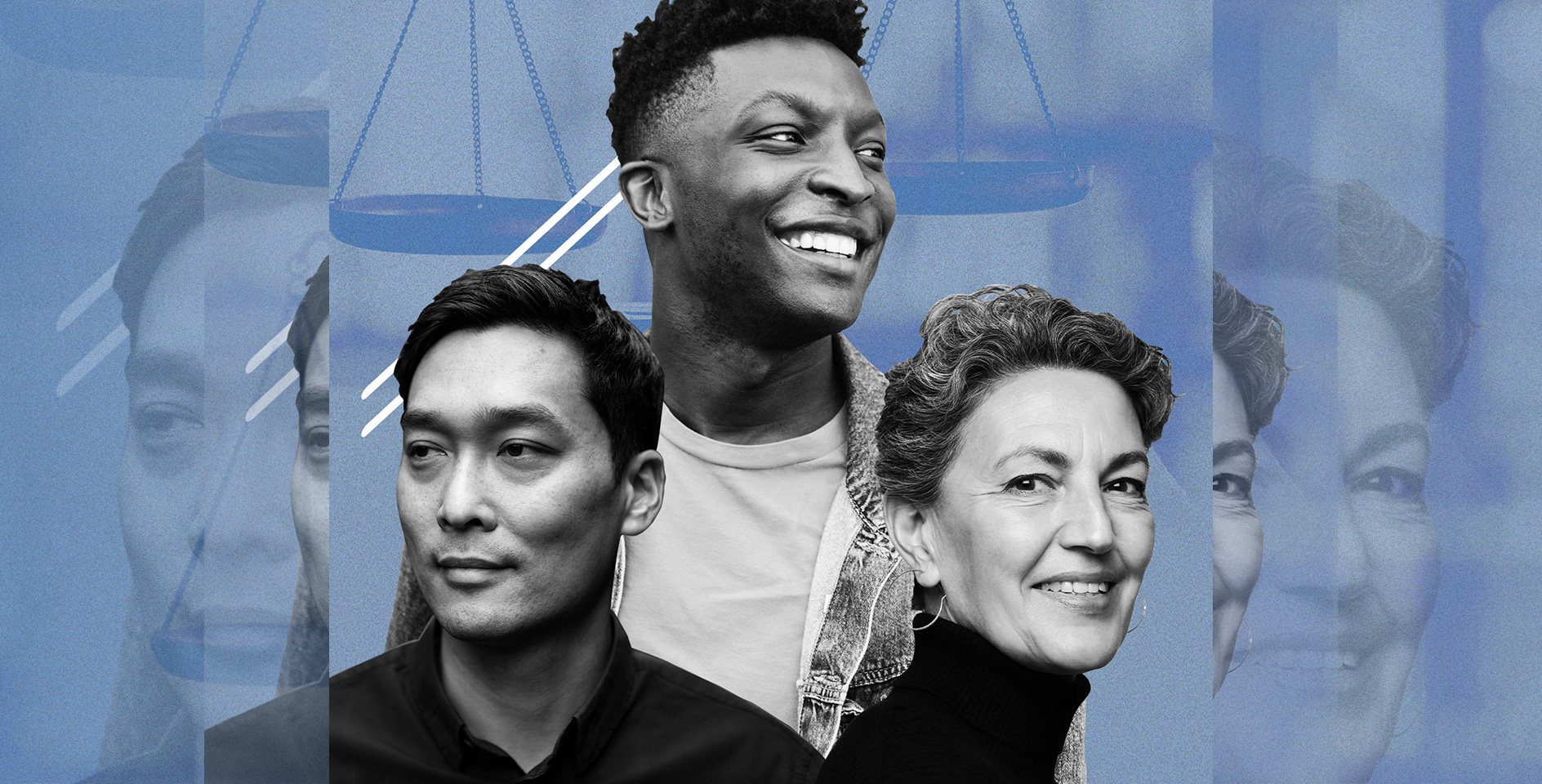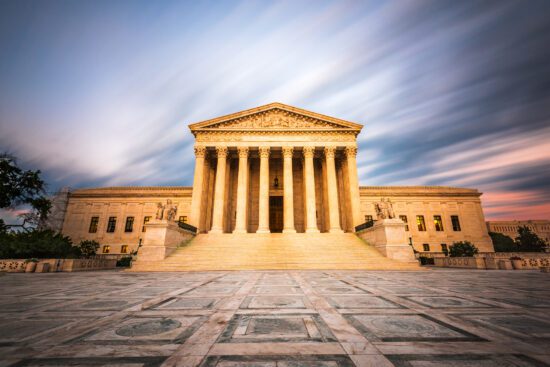The most important thing about Christianity is what it tells us about God and his Son, Jesus, the one true king. Through the revelation of the Bible, we learn that God is not embedded in nature like some kind of life force. Nor is he a reflection of the aspirations of communities, such as their desire to be brave or powerful.
Instead, the God of the Bible is transcendent in nature. He is not part of creation. He is above and beyond it. The biblical God is not a totem or a powerful supernatural ally. His will dictates the structure of reality as we know it.
But it is also important to know what Christianity tells us about human beings. We understand that we are sinful, self-seeking, and disobedient toward God. However, we simultaneously understand that we have been created with the dignity that comes from being made in God’s image.
Both of these features—the transcendence of God and the inherent dignity of human beings—loom large in the story of democracy and human flourishing in the history of the world. Together, they form a strong bulwark against governments founded on power rather than justice and give the people a place to stand, both when they support and when they resist governments of the earth.
When government goes wrong
The Roman empire is but one of many governments in world history that sought to wrongly unite the rule of a man with God’s rule through emperor worship. Yet, the Bible tells us clearly that while God has given us government for our benefit, the various caesars of the world rule by authority that is only derived from God (Rom. 13:1). He is the true source of the right to rule. Leaders are only entrusted with the government. They are absolutely not the source of it. To the extent that their leadership varies from God’s moral law, they essentially saw the limb upon which they sit out from under themselves.
So, while we “render unto Caesar what is Caesar’s,” we never forget that we must also “render unto God what is God’s” (Mark 12:17). It requires no fine parsing to determine whose claims are superior in that equation. And while Caesar’s image may be on the face of the coin, it is God’s image which rests upon us (Gen. 1:27). Every would-be emperor should bear in mind that they are not free to violate image-bearers with impunity.
How democracy deals with human nature
In contrast, the past three centuries have witnessed the flowering of democracy throughout much of the world. While the Bible does not dictate a system of government, we have established earlier that it informs us about human beings. If we accept the reality of our sin nature, one major question is how to respond to it in terms of law.
While the earlier, dominant approach was to rely upon the virtue of a leader and church hierarchies to control human sin, we have perhaps ruefully realized that elites are also sinful and cannot be relied upon to transmit their purported goodness to the rest of us. The sad history of Israel’s kings is not a bad reminder on that front. Instead, we have sought to enlarge the task of deliberation on public matters to essentially the entire adult population.
When we take that step, we acknowledge a real responsibility image-bearers have. God gave human beings the task of stewarding his creation (Gen. 1:28). While we may tend to limit such thoughts to how we interact with the resources of the earth, it is also the case that there is a moral and a social ecology. It is important to steward such things as family ties, marriage, moral responsibility, trust, the education of the young, and other elements of what is sometimes called “social capital.” In other words, our wealth goes beyond physical things to the ties that bind us and make life meaningful.
On one hand, the move toward democracy is self-protective. As an example, C.S. Lewis advocated democracy because he believed in the fall of man and concluded democracy was a necessary check on sinful ambition. Theologian Reinhold Niebuhr mixed cynicism with optimism by saying that man’s inclination for injustice called for democracy as a barrier, but also noted that man’s capacity for justice makes democracy possible. So, yes, we decentralize decision-making to protect ourselves from tyranny, but we also engage in democracy as a way to seek justice together.
Among the powers with which God has entrusted human beings is the ability to reason. Democracy calls upon us to reason together about the nature of the good society and good laws to govern it. In this sense, democracy honors the dignity of human beings and goes beyond responding to the sinful will to power.
How to interact in a democracy
It is absolutely essential that we engage with the phenomenon of democracy virtuously rather than acting as though we are playing an SEC football game against enemies wearing different colored jerseys. We are not on teams. We are in a conversation with fellow image-bearers. To the extent that we make good use of the opportunities and capacities God has given us, we will honor him and each other.
Alexis de Tocqueville, the French nobleman who came to study America in the 19th century, provided an excellent reminder of the place of virtue in political discourse in his Democracy in America. He had the advantage of detachment in his observations. The book contains both compliments and critique. One of his points should always be kept in mind. There is nothing about being in the majority that means one is righteous. Tyranny can emerge from majorities in the same way it can from a monarch or a group of oligarchs.1Tocqueville, Alexis de, 1805-1859. ( 1838). Democracy in America. New York :G. Dearborn & Co.
A Christian anthropology helps us to understand that we are still fallen, even when we act with numbers on our side. If we are wise and remember this reality about ourselves, then we will be able to temper our passions, our self-flattering self-righteousness, and our disregard for understanding how others experience the world.
So, let us be grateful for the hedges we have against tyranny in the transcendence of God, the truth of Scripture, and our mindfulness that no mere man or woman can solve our sin problem on their account. And let us take seriously the incredible responsibility we have to be stewards of our participation in the democratic process. It is critical that we always remember that human beings share in the brotherhood and sisterhood of men and women under the authority of God.
Equally wonderful is the fact that Jesus Christ is the only king Earth has ever known truly worthy of the name. As we meditate upon these truths, we can turn aside from tribalism and partisanship and dispute with one another in such a way as to avoid cultivating lasting hatreds when a just peace is what we really desire. In such a situation, we will find our flourishing.










